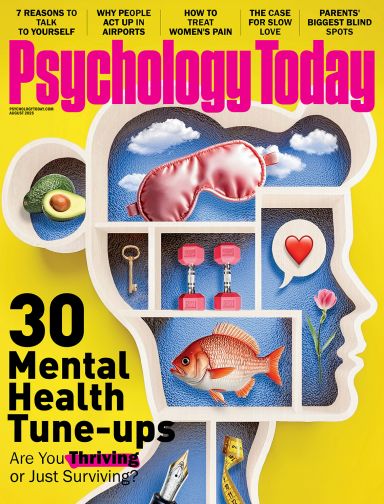Empathy is the ability to recognize, understand, and share the thoughts and feelings of another person, animal, or fictional character. Developing empathy is crucial for establishing relationships and behaving compassionately. It involves experiencing another person’s point of view, rather than just one’s own, and enables prosocial or helping behaviors that come from within, rather than being forced.| Psychology Today
If people didn’t feel fear, they wouldn’t be able to protect themselves from legitimate threats. Fear is a vital response to physical and emotional danger that has been pivotal throughout human evolution, but especially in ancient times when men and women regularly faced life-or-death situations.| Psychology Today
Anxiety is both a mental and physical state of negative expectation. Mentally it is characterized by increased arousal and apprehension tortured into distressing worry, and physically by unpleasant activation of multiple body systems—all to facilitate response to an unknown danger, whether real or imagined.| Psychology Today
Neuroscience examines the structure and function of the human brain and nervous system. Neuroscientists use cellular and molecular biology, anatomy and physiology, human behavior and cognition, and other disciplines, to map the brain at a mechanistic level.| Psychology Today



